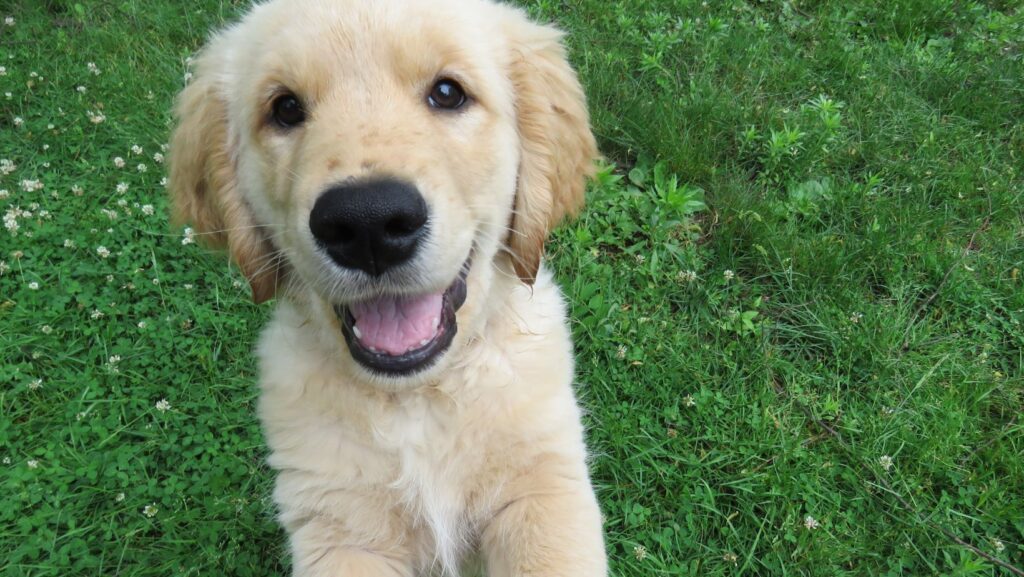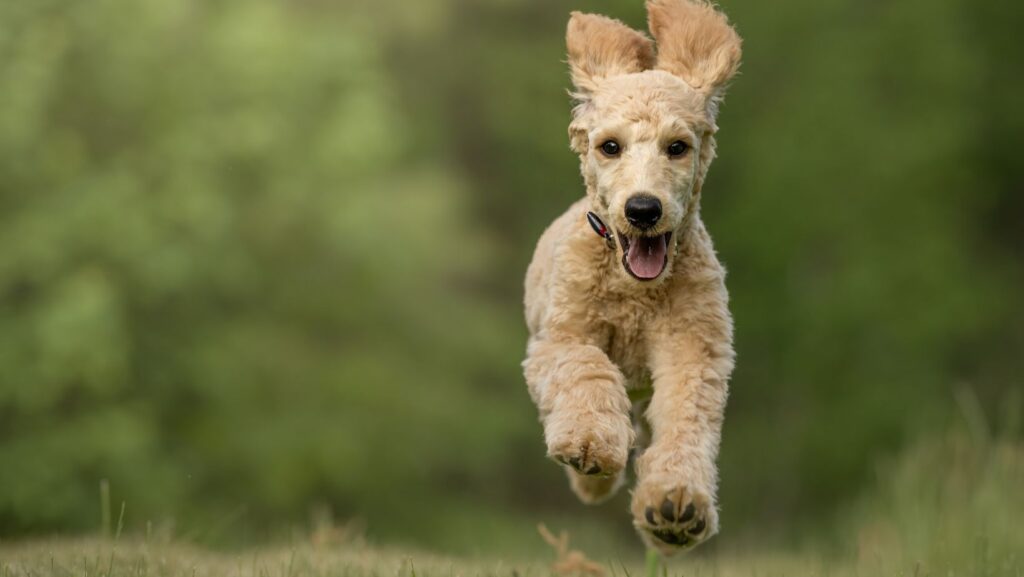Small:r1tfetqsli4= Dog

Small dogs have captured the hearts of many with their adorable looks and big personalities. These pint-sized companions are perfect for those with limited space, city dwellers, or anyone seeking a loyal friend that doesn’t take up much room. With their playful antics and affectionate nature, small dogs can bring immense joy to their owners’ lives.
Despite their size, small dogs often possess a surprising amount of energy and intelligence. They thrive on interaction and mental stimulation, making them excellent candidates for training and socialization. Their adaptability allows them to fit seamlessly into various lifestyles, whether it’s accompanying their humans on adventures or simply snuggling on the couch.
Choosing the right small dog breed requires careful consideration of factors like temperament, exercise needs, and grooming requirements. By understanding these aspects, potential pet owners can find the perfect furry friend to match their lifestyle and ensure a harmonious relationship with their new canine companion.
Benefits Of Owning A Small Dog
Small dogs offer unique advantages that cater to various lifestyles, complementing their already charming nature and adaptability.
Easy To Transport

Small dogs are lightweight and portable. They fit comfortably in pet carriers or bags, making them perfect for travel on public transportation, including buses and trains. Their size allows easy accommodation in cars or planes without hassle. Owners find it convenient to bring small dogs on adventures or errands, enjoying companionship wherever they go.
Small dogs thrived in confined spaces like apartments. Their compact size means they don’t require as much room to move, unlike larger breeds. Many small dogs have moderate exercise needs, which suit indoor play sessions or brief walks around the neighborhood. Apartment dwellers appreciate that small dogs meet community space restrictions while bringing joy and energy to the household.
Lower Maintenance Costs
Caring for a small dog often incurs fewer expenses compared to larger breeds. They consume less food, resulting in reduced costs for daily feeding. Routine costs for grooming, boarding, and even medical treatments tend to be more affordable. Small dogs generally require smaller accessories, like beds, toys, and leashes, which contribute to overall savings for owners.
Popular Breeds Of Small Dogs
Several small dog breeds captivate pet enthusiasts with their unique characteristics and charm. These breeds offer varied personalities and appearances for potential owners to consider.
French Bulldog
Honored for their affable nature, French Bulldogs exhibit a sturdy but small stature that embodies adaptability. Often weighing 16–28 pounds, they’re known for their distinctive bat-like ears and compact muscular build. They thrive in urban settings due to their gentle demeanor and low exercise requirements. Although they’re not vocal barkers, they excel at companionship, expressing affection towards their families.
Dachshund
Dachshunds, easily recognizable by their elongated bodies and short legs, weigh between 16–32 pounds, depending on their classification as standard or miniature. Bred initially for hunting badgers, they possess a tenacious and bold personality. Their intelligent nature makes them responsive to training, although their independent streak might require patience. They adapt well to apartment living but benefit from daily walks and mental stimulation.
Chihuahua
Chihuahuas hold the title of the smallest dog breed, usually weighing around 2–6 pounds. Their large personalities contrast with their petite size, offering both playfulness and loyalty. They come in a variety of coat colors and types, enhancing their visual appeal.
Training And Behavior Of Small Dogs

Small dogs, known for their energetic and intelligent nature, require consistent training to harness their behavior traits effectively. Understanding these traits and employing suitable techniques ensure a well-behaved and happy pet.
Small dogs often exhibit traits like alertness and curiosity. Breeds such as the Chihuahua and Dachshund frequently display strong attachment to their owners and may be possessive of their space. They are also prone to barking, as seen in the French Bulldog, which tends from its watchdog instincts. While these dogs tend to have determined personalities, they’re usually eager to please, which can be advantageous during training.
Positive reinforcement works best with small dogs. Rewarding desired behavior with treats or praise encourages them to repeat behaviors. Consistency is crucial; regular training sessions should last 5-10 minutes to match their attention spans. Socialization is essential, especially for breeds like the Chihuahua, to reduce anxiety and encourage friendliness toward strangers and other animals. Obedience commands like “sit” and “stay” develop control and safety, as small dogs often have tendencies to dash toward perceived threats.
